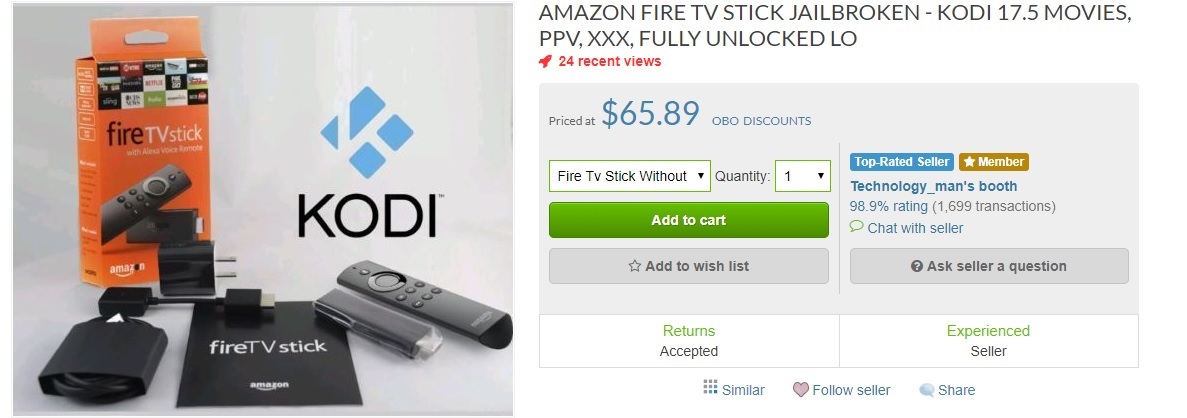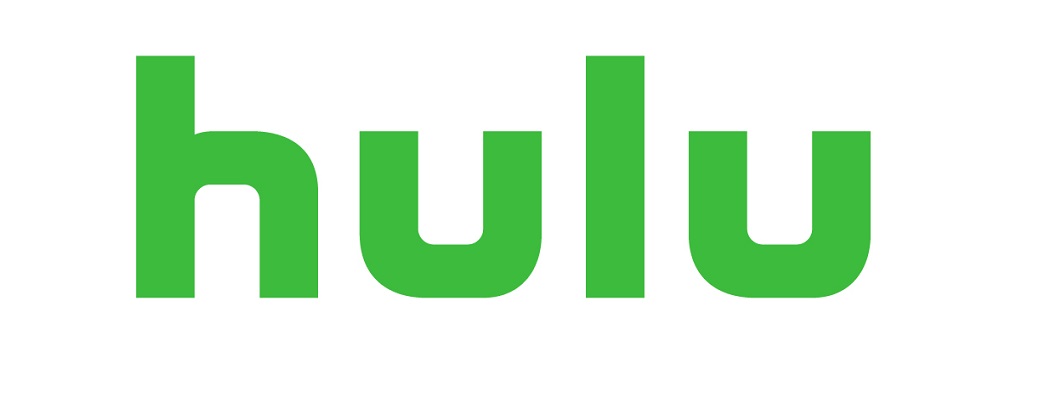Amazon won’t say it. They might barely acknowledge it as to avoid a backlash, but it looks like the company is working to lock down their products to prevent side loading. Why do I say this? Because I have the new Fire TV and there are some ominous signs right on the surface.
The last iteration of the Fire TV box, not to be confused with the popular stick, has two physical entry points that assisted users in sideloading apps and programs onto the device. It has a USB port and a mini SD card slot. This made installing apps like Kodi very easy when using file manager programs like ES File Explorer, File Commander, and others. The new Fire TV box, which is not being marketed as a “Mini” or alternative box has no ports at all besides a small USB port meant for the power input. This reminds me much more of Apple TV then the more open Amazon Fire TV of the past.
Amazon has never acknowledged the popularity of its device in reference to Kodi and other android programs but aside from removing Kodi from its own app store, quickly after approving it, the company has taken little action to

halt the use of Kodi on the Fire TV Stick or box. This is because Amazon’s OS is based on Android, meaning that any Android APK can be installed on the device without much problem. The lack of ports does not prevent users from modifying the device via cloud-based programs through ES File Explorer or at the moment working into the system through other programs. It must be said that while Kodi is used by those who wish to access copyrighted material, the developers behind the program, the XBMC Foundation, completely disavow piracy and have made several statements on the matter. Despite this, the program is used in a manner that the developers insist has never been the purpose.
If Amazon is looking to lock down their devices to prevent side loading and only support approved apps, as Apple does, the company will move further along that path by taking away options to allow outside programs from being installed, an option that is currently built into the operating system. A more permanent solution would be to go a big step further and move on from Android altogether and create a new OS along the lines of Samsung’s Tizen. Samsung, which had previously used Android-based operating systems on its smart TV’s and phones began to use a more closed ecosystem with Tizen and while there are a number of popular media programs in their store, Kodi is not one of them.
Why Would Amazon Close its doors to Android?
Android has served Amazon well and allowed for many developers to fill its app store after the launch of the Fire TV. But there is mounting pressure from the entertainment industry aimed at developers, device sellers and all related to media distribution to combat digital piracy. Amazon is actually part of the creative community leading the charge in the digital age producing Emmy-winning programming. Amazon is also part of a group of companies leading the charge against Android Box Sellers who advertise the ability to get content without paying for it. The company is not going to be able to continue to have a stance against piracy and sell one of the most popular devices for Piracy related activities at the same time. It can release corporate statements saying that the company does not support piracy but in order to allow the Fire TV to support any number of apps, all it takes in one click in the settings. You don’t have to be a talented hacker. It will quickly sound like the very vendors and developers it is helping round up if it uses the “we can’t control what people do with the device once it’s purchased” defense.

Roku is locking down
Roku has been a leader in the streaming box category since the company launched. In fact, for all intents and purposes, it started the industry. Its OS never supported Kodi, yet the open nature of its system did invite developers to put together Private unsupported channels that did violate copyright law. The company has come down on a number of channels that skirted the rules over the past few months coinciding with its launch as a publicly traded company.
If Amazon does not more actively combat the ability to add APK’s to its device it could come under pressure from media partners to do so and hurt its place in the market. Because despite the popularity of the Fire TV family of devices in the pirating world, Amazon is far more concerned with selling Amazon Prime as a service and cashing in on people buying everything else in the world from its retail site and does not turn a profit on the sale of the Fire TV hardware itself. This means that if everyone looking to buy a Fire TV box to use as a pirating device were to stop it would have a minimal effect on the bottom line.






